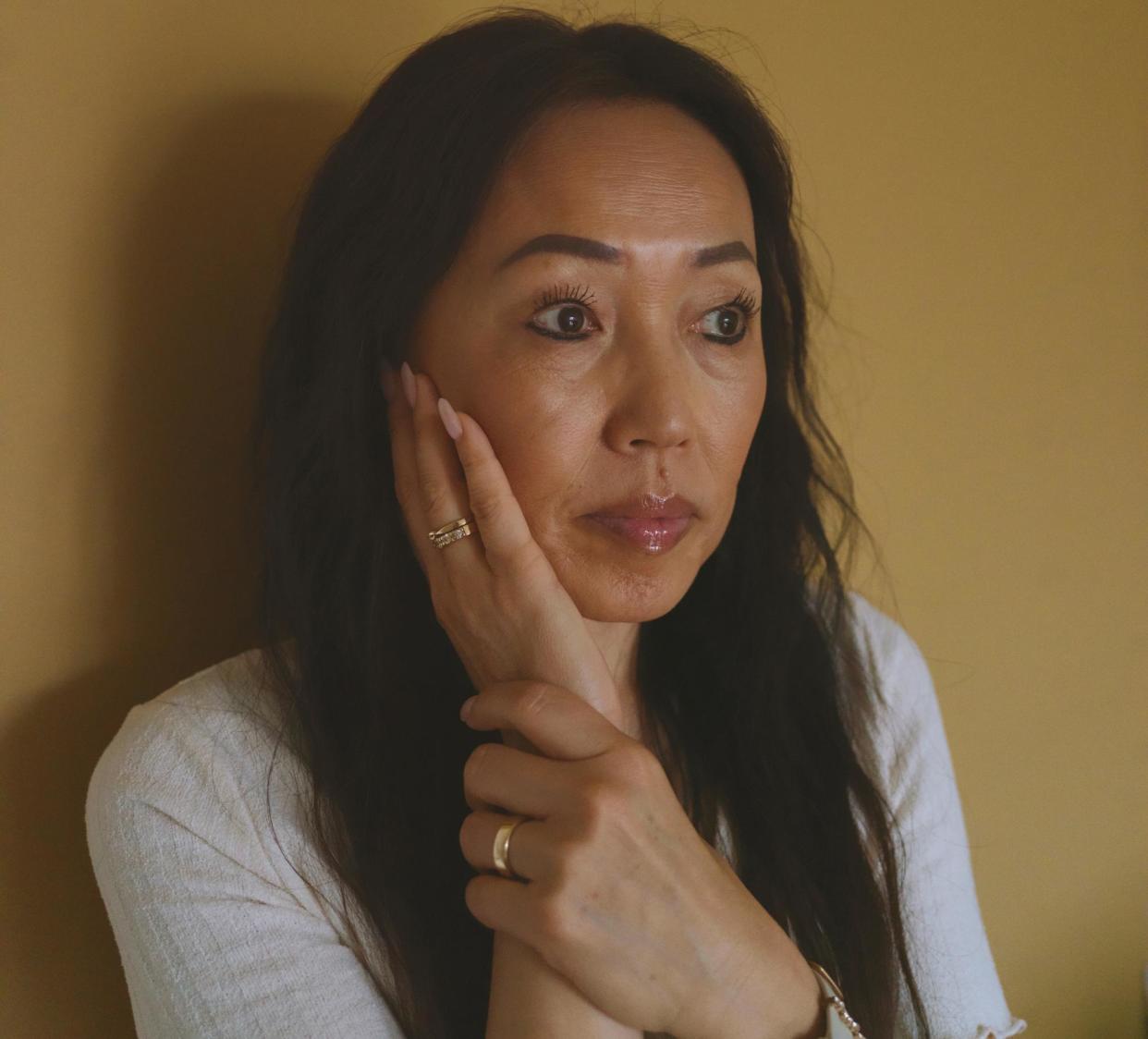South Korea reveals new evidence of ‘violent and systemic’ forced adoption abroad

South Korea has found new evidence that mothers were forced to give up their children for adoption in countries including Australia, Denmark and the United States.
At least 200,000 South Korean children had been adopted abroad since the 1950s, but allegations have emerged that hospitals, maternity wards and adoption agencies systematically colluded to force parents – primarily single mothers – to give up their children.
Adoption workers in some cases insisted that adoptees were abandoned children and blamed the biological parents for not looking for them.
But a report from a government Truth and Reconciliation Commission set up to investigate the claims has detailed some of the coercive methods used to force mothers living in welfare shelters to give up their sometimes day-old children.
In one case, a mother unwilling to be separated from her child was recorded as being “a problem” and “mentally ill”. The record was later updated to explain that the parental rights’ waiver had been secured and the baby transferred to an adoption agency.
International adoption was not well understood at the time, according to researchers who spoke to the Guardian last year, with parents told that it was like sending your child to study abroad and that they would come back.
Adoptees said they had grown up being told they were better off as an adoptee in Denmark than living as an impoverished South Korean child.
Among its recommendations, the commission urged the government to issue a formal apology and offer financial compensation to victims of the detention centres.
“Hearing [about these stories] is horrible. It’s inconceivable how violent and systemic it was, but there’s also redemption in the truth coming out,” said Peter Møller, an adoptee himself and founder of the Danish Korean Rights Group (DKRG), which has campaigned for an inquiry into the adoption industry that sent them predominantly to white families in western countries.
During the 1970s and 1980s, as the number of children sent abroad soared, the military dictatorship in South Korea pursued a “social purification” policy that saw thousands of people swept off the streets and forcibly admitted into government-funded, privately run welfare centres.
As well as confirming long-held suspicions that the country’s overseas adoption programme was riddled with egregious misconduct, the government commission has revealed rampant human rights abuses and atrocious treatment of inmates at four of these centres.
Related: ‘Korea is hiding our past’: the adoptees searching for their families – and the truth
Inmates were forced into unpaid labour on construction projects, forcibly transferred to other detention facilities, restrained and subjected to beatings and solitary confinement. Some remained confined in these facilities for decades, the commission found.
Of the hundreds of inmates who died, some were buried in shallow graves or had their bodies donated to medical schools without any attempt made to locate and inform their families. When women gave birth at the facilities, the babies were often transferred to an adoption agency for the purposes of overseas adoption within a day.
Sussie Brynald, 51, another Danish adoptee whose case has been handled by the DKRG, said the news was deeply upsetting.
“It makes me angry and sad,” she said. “It only goes to show just how much [South Korea’s adoption system] was always about money, and how little it was about the children.”


